Laidback Luke Talks Vintage DJ Gear!
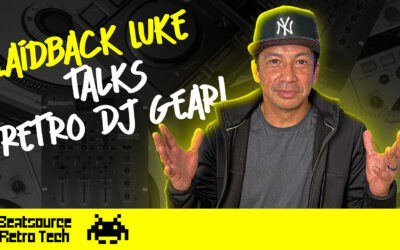
International touring DJ, producer and founder of Mixmash Records, Laidback Luke, was appearing at a festival close to the DJcity UK lab last week. So Moja...
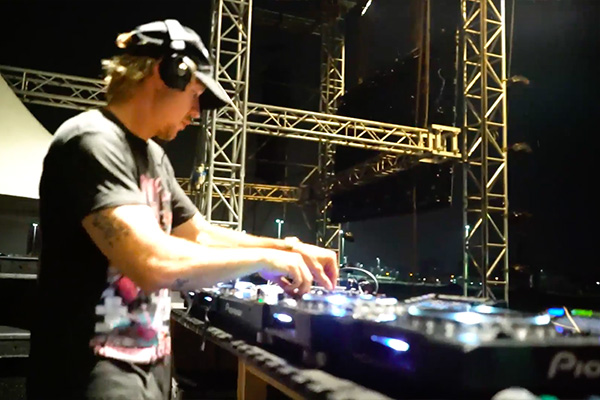
In April, an estimated 125,000 fans flocked to Indio, California to attend the biggest festival in the U.S.: Coachella. Diplo didn’t perform, though, in fact, he wasn’t even there to party. The global music ambassador was instead in Africa, where he was touring and building relationships with artists across the continent.
GQ Magazine caught up with him while he was in Uganda and spoke with him on the phone afterward. The interview, which was only recently published, focuses on his experience in Africa and the continent’s thriving music scene.
On being warned about performing in Nigeria:
“Everybody always warned me not to go to Nigeria to do shows. All the reggae artists—I remember having a conversation years ago with Sean Paul and Shaggy about Nigeria. Sean Paul’s like, I was going through Nigeria and they put these cactuses up in front of the stage. People just stood on the cactuses trying to get onstage until guys with guns batted them in the head to get ’em off. And Shaggy’s like, I got a better story. My first tour in Nigeria, they had a fence up around the venue, and the crowd was so crazy, they were shaking the fence. The police were afraid, so they sent the dogs out on the people to break up the crowd. And then one dog came back over the fence dead. They killed the dog and threw it back over the fence. So that was what I knew. I’d never been to Africa, besides South Africa, and everybody in South Africa calls it fake Africa.”
On Nigeria’s influence on the global scene music:
“Nigeria has this huge diaspora, like Jamaica. Nigerians live everywhere: England, L.A., New York. Nigerians have had a huge impact on music in the last ten years. Like the UK funky stuff that ended up becoming ‘One Dance’ by Drake. And then, over the last three or four years, Nigerians have been taking over with this new Afro-pop movement.”
On his first show in Nigeria:
“I was headlining this outdoor festival in Lagos that happens every year, but there was a crazy thunderstorm. We didn’t start until 2 A.M. It turns out the sound had blown out, but nobody told me. So I start my set and I was playing records and, like, dancing. I look up and there are all these Nigerian faces just staring at me. It was like that scene where George Michael’s band, Wham!, played Communist China. I had to banter onstage for half an hour [while they fixed the sound]. By then there were probably 500 people left. But I was just like, You know what? It’s 3 A.M. and there’s a thunderstorm in Nigeria. What do I have to lose? It was one of the hardest moments of my career. The next night, I had to do a private party on this rooftop where people were just, like, eating steak. I said to [Major Lazer MC] Walshy Fire, Man, Nigeria is where you either live or die as a DJ. This is like the DJ Olympics.”
On the work ethic of Nigerian artists:
“Me and this producer, E-kelly, did a song for Mr Eazi. Before I left, I was like, Hey, this is an idea for a song. I gave him the stems—the music for the beat. Then I land and he’s already sent me three demo versions with new drums. And Skales has already done a new version of ‘Run Up‘ with new guitars. The records were voiced and mixed. I’ve never seen people so hungry and the quality so high. In America, I can’t get Travis Scott to answer my text messages. I gotta go pour water on his face to wake him up and get him to voice a song. I don’t mind doing that, but I also don’t mind being here on the frontier, making music with all the Nigerians.”
On Ethiopia’s culture and music scene:
“Ethiopia is something different and special. It didn’t feel as African in the traditional sense, with the tribal culture. Ethiopia has a little taste of Africa, but a lot more taste of the Middle East. They have their own music, all in Amharic. People there like commercial music and dance music, so it was a dance-music crowd, as opposed to the hip-hop and Afro-pop crowd in Uganda.”
On African music’s potential:
“Historically, there’s always been so much music in Africa. But there’s never been much of an industry to sell it on a global scale—or even just at home. But now that’s happening. These young Nigerian kids are selling it. They’re selling it in Lagos. They’re flying around Africa performing it. And because of the diaspora, they’re traveling to London, New York, Chicago, Toronto. The diaspora is helping to promote it. And now they’re selling out the Barclays Center in Brooklyn. There’s so much cultural capital in Africa, and that usually comes first. Cultural capital leads to financial capital. And once you have both, it explodes, like gasoline to a flame.”
Related: Watch Lil Yachty’s ‘Forever Young’ Video Feat. Diplo

International touring DJ, producer and founder of Mixmash Records, Laidback Luke, was appearing at a festival close to the DJcity UK lab last week. So Moja...
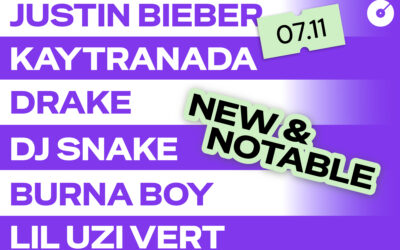
Notable tracks that were added to DJcity this week. View them all here. Download the tracks below. (* indicates DJcity Exclusive) Justin Bieber – DAISIES...
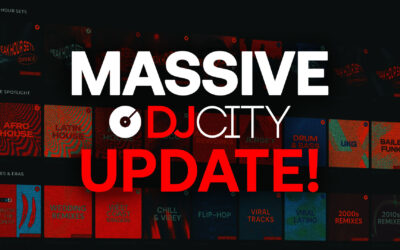
Big news for DJs everywhere: DJcity just rolled out one of its biggest website updates ever - designed to make music discovery faster, easier, and more pow...

*** UPDATE: check out our updated 2024 and 2025 playlists! Wedding season has arrived! DJcity’s Remix Director Sir Marcus has put together a list of...
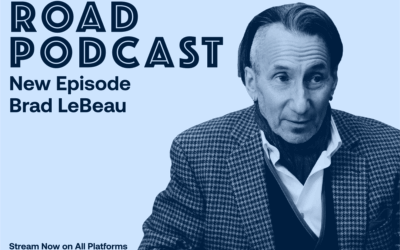
This week on @RoadPodcast, the crew sits down with legendary music marketer, DJ, and founder of @promotion1983, Brad LeBeau, for an unfiltered conversation...
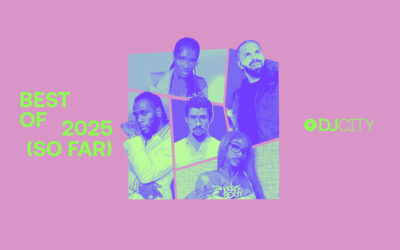
Best of 2025 (So Far): DJcity’s Most Downloaded TracksOriginals + Remixes & Edits We’re halfway through the year, and it’s time to spotlight the tracks...
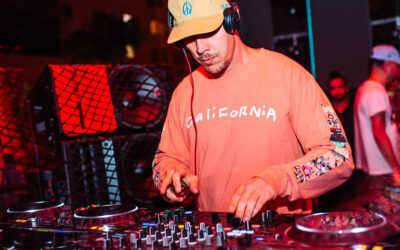
Diplo performs at Hyde Beach in Miami on March 23, 2018. (Credit: Dylan Rives/World Red Eye) Since 1823, Oxford University's historic debate society, the O...
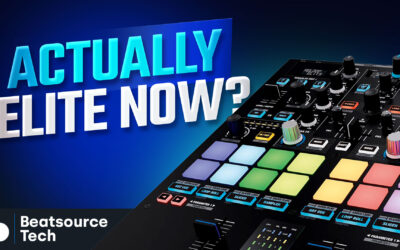
The Elite is Reloop’s flagship mixer, but Mojaxx never reviewed it back when it was released in 2019. Partly that was down to logistical reasons, but also...
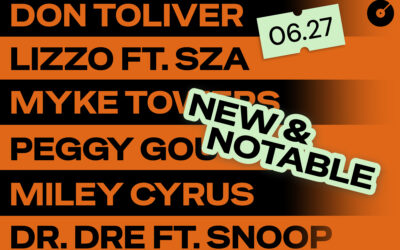
Notable tracks that were added to DJcity this week. View them all here. Download the tracks below. (* indicates DJcity Exclusive) Don Toliver – FWU Lizzo...
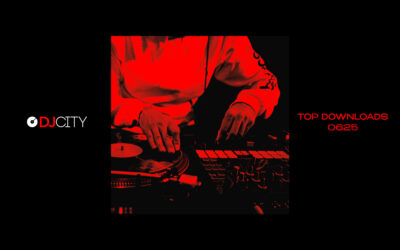
These are DJcity’s most downloaded tracks of June 2025. Our monthly charts feature top downloads from around the world, plus regional charts for Latin, UK...